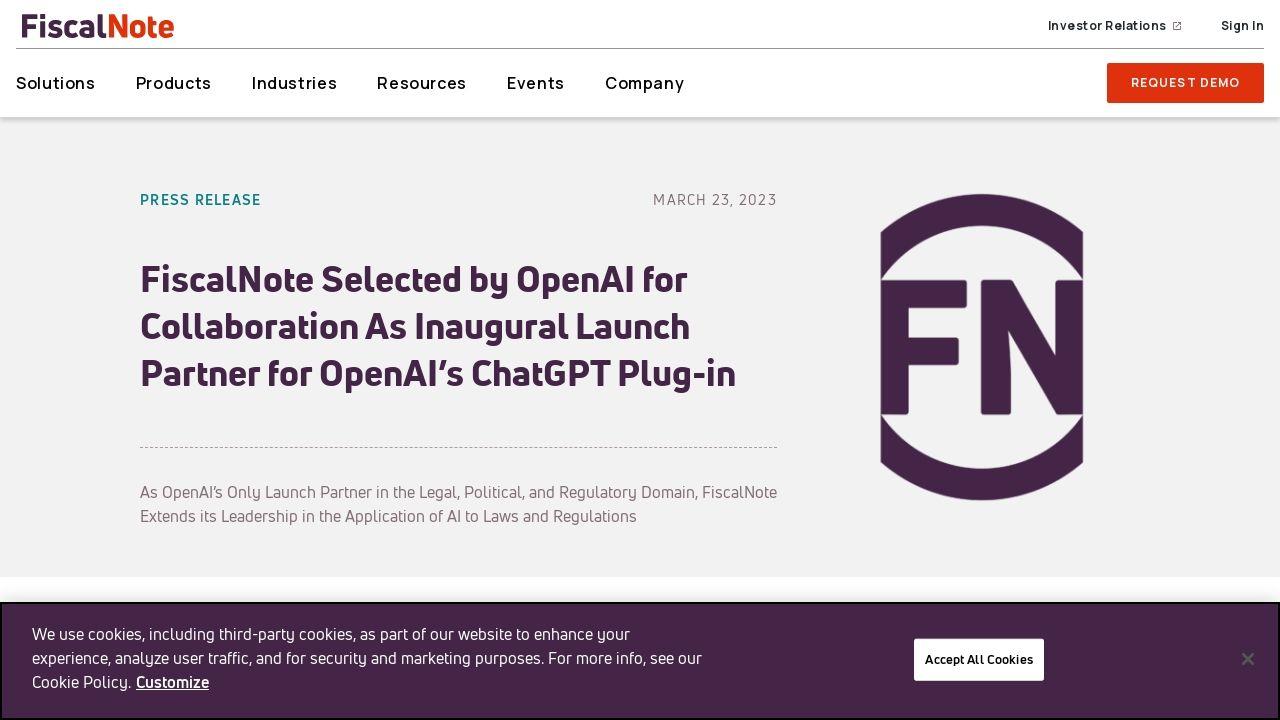What if the tools you rely on to build your dream product could one day become your fiercest competitor? This unsettling reality is what many developers face when integrating OpenAI's powerful APIs into their applications. While OpenAI's tools promise innovative AI capabilities, the company's business practices raise serious concerns. From analyzing API usage to launching competing products, OpenAI's strategy echoes the controversial tactics of tech giants like Microsoft and Facebook. For developers, the allure of OpenAI's ecosystem may come with a hidden price: the risk of being outpaced, or even replaced, by the very platform they helped grow. Is the convenience worth the potential cost?
This feature by This Week in Startups Clips unpacks the double-edged sword of building on OpenAI's platform, exploring the ethical dilemmas, competitive risks, and historical precedents that developers must navigate. You'll discover how OpenAI's vertical integration strategy could impact your business, why some developers are turning to open source alternatives, and what lessons can be learned from past tech monopolies. Whether you're a startup founder or an established developer, understanding these dynamics is critical to safeguarding your innovation and staying competitive. The stakes are high, and the decisions you make now could define your future in an increasingly AI-driven world.
OpenAI's APIs have become essential for businesses seeking to integrate advanced AI capabilities into their products. These tools enable developers to create innovative applications, from personalized learning platforms to automated customer service solutions. However, OpenAI's strategy of analyzing API usage to identify successful applications has raised ethical and competitive concerns. By monitoring how developers use its tools, OpenAI can replicate or integrate popular features into its own offerings, potentially sidelining the original creators.
This practice extends beyond APIs. OpenAI has aggressively expanded into various verticals, including web browsers, coding tools, and even social media platforms. For instance, a developer using OpenAI's language models to power an educational app may unknowingly provide OpenAI with insights into user behavior and market demand. OpenAI could then use this data to launch a competing product, using its platform dominance to outpace the original developer. This approach raises critical ethical questions and mirrors strategies employed by other tech giants, where platform owners prioritize their own growth over fostering a fair ecosystem.
The tactics employed by OpenAI are not without precedent. Major technology companies like Microsoft and Facebook have historically followed similar strategies, often to the detriment of developers and smaller businesses. Microsoft, for example, faced widespread criticism for using its Windows platform to identify successful third-party software, which it then replicated or bundled into its operating system. This practice allowed Microsoft to dominate markets but left many developers struggling to compete.
Similarly, Facebook has been accused of analyzing app usage on its platform to launch competing features. By using its vast user data, Facebook introduced features that directly competed with third-party applications, often driving smaller developers out of business. These historical examples serve as cautionary tales, highlighting the risks of dependency on platforms with monopolistic tendencies. Developers who rely heavily on OpenAI's ecosystem may face similar challenges, where short-term benefits are overshadowed by long-term vulnerabilities.
Below are more guides on OpenAI from our extensive range of articles.
For developers, the risks of building on OpenAI's platform are both multifaceted and significant. By using OpenAI's APIs, you may unknowingly share valuable data about your application's success. This data could be used by OpenAI to create competing products, leaving you at a disadvantage. The company's ability to analyze API usage and market trends gives it a competitive edge that smaller developers cannot easily match.
OpenAI's vertical integration strategy further compounds these risks. The company has demonstrated a willingness to dominate industries by absorbing or outcompeting its own customers. Consider companies like Duolingo and Indeed, which rely on OpenAI's services to enhance their offerings. If OpenAI decides to enter these markets directly, it could use its platform advantages to surpass these companies, effectively erasing their competitive edge. This dynamic creates an environment where developers must carefully weigh the benefits of using OpenAI's tools against the potential risks to their long-term viability.
The dominance of OpenAI has prompted developers to explore alternative solutions that offer greater control and collaboration. Competitors like Anthropic, which is perceived as less aggressive in competing with its customers, provide a viable option. Additionally, open source AI models and Chinese AI platforms emphasize decentralization and collaboration, offering developers more autonomy over their projects.
Open source models, for example, allow you to maintain greater control over your applications, reducing the risk of intellectual property appropriation. These models also foster a collaborative environment where developers can contribute to and benefit from shared advancements. Similarly, companies like Anthropic prioritize ethical considerations, creating a more balanced relationship between platform providers and developers. By diversifying your reliance on a single platform and exploring these alternatives, you can safeguard your business from the risks associated with OpenAI's ecosystem.
OpenAI's strategy reflects a broader trend among platform providers using their ecosystems to dominate markets. This trend raises critical questions about the balance of power between platform owners and developers. While platforms like OpenAI offer unparalleled tools and resources, they also pose significant risks to innovation and competition. The ability of platform providers to analyze user data and market trends gives them a competitive advantage that can stifle smaller developers and limit market diversity.
As a developer, it's essential to weigh the benefits of using OpenAI's services against the potential long-term consequences. Diversifying your reliance on platforms and exploring alternative solutions can help protect your business from the risks of monopolistic practices. The choices you make today will shape your ability to innovate and compete in the future. By taking a proactive approach, you can navigate the evolving AI ecosystem with greater confidence and resilience.


